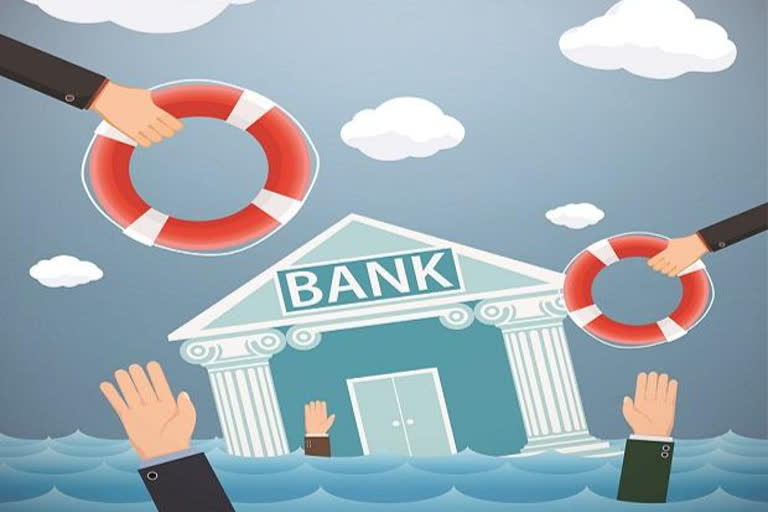New Delhi: As banks in India are staring at a fresh wave of loan defaults originating from the Covid-19 pandemic, the latest Economic Survey cautions the government to be wary of zombie lending as it can amplify the crisis in the banking sector.
Presenting details of the Economic Survey 2020-21 to media on Friday, the Chief Economic Advisor (CEA) Krishnamurthy Subramanian pointed out that extended regulatory forbearance after the Global Finance Crisis of 2008 gave way to irresponsible lending by banks to ‘zombies’ and caused damage to the economy.
Since India entered into another round of regulatory forbearance to tide over the challenges posed by Covid-19 induced disruptions, the CEA suggested that new policies must be in place to avoid recurrence of such incidents.
What is zombie lending?
In business parlance, zombies are those firms that are unable to meet interest obligations from their income. From a financial standpoint, these firms are obsolete but kept alive in account books by pumping new loans to facilitate payment of existing loans.
This continuous use of fresh loans to repay previous loans by a firm is also known as ever-greening of loans.
What is regulatory forbearance and how it is related to zombie lending?
When the businesses are hit by unforeseen incidents or pandemics, regulatory forbearance is used as a tool to help banks as well as borrowers.
Under normal circumstances, if interest or principal is not paid for a stipulated period of time the loan is classified as a non-performing asset (NPA) and banks initiate a restructuring process.
Also read: RBI issues framework for strengthening grievance redress mechanism in banks
On the other hand, during regulatory forbearance, banks can initiate restructuring without classifying bad loans as NPAs.
The survey noted that during the Global Financial Crisis of 2008, forbearance helped borrowers tide over temporary hardship caused due to the crisis and helped prevent a large contagion.
However, the survey also observed that extending the forbearance beyond the economic recovery did more harm than good to banks.
